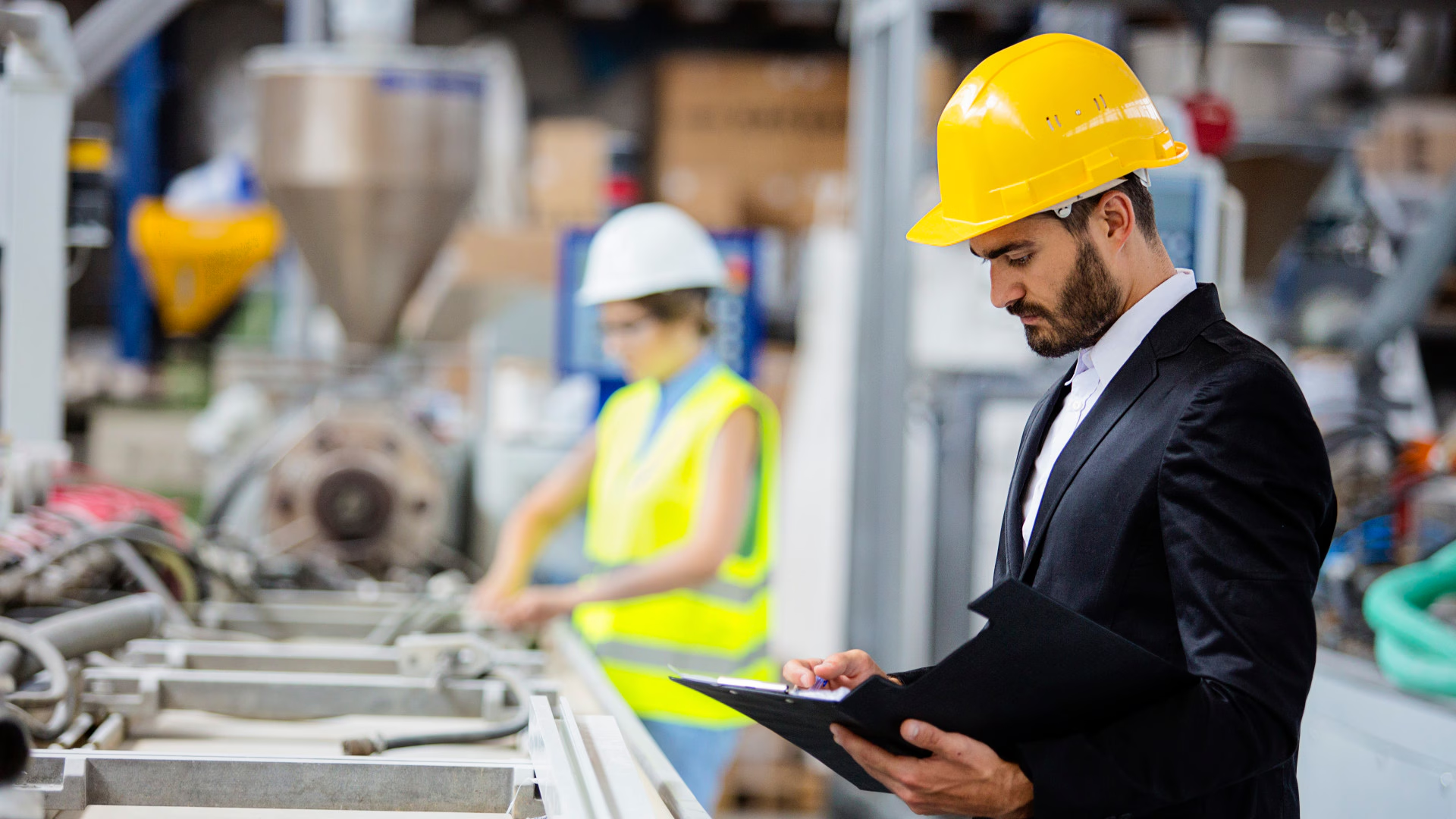thebignoisefestival.com – In the modern era of industrial production, the concept of the factory has evolved far beyond the mere physical space where goods are manufactured. It has become a vibrant community, a living ecosystem where people, processes, and technology converge to create not just products, but a culture of production. This transformation is not just about efficiency and output; it’s about fostering a sense of belonging, collaboration, and continuous improvement that can elevate both the workplace and the final product.
The Foundation: People at the Core
At the heart of the factory-as-community concept are the people who work there. They are not just employees but integral members of a larger family. Recognizing this, progressive manufacturers are focusing on creating an environment where every individual feels valued, heard, and empowered. This starts with hiring practices that prioritize cultural fit over experience alone, ensuring that new members can contribute to and benefit from the community’s culture.
Communication: The Lifeblood of Community
Open and transparent communication is the lifeblood of any thriving community. Factories that embrace this principle ensure that information flows freely between management and workers, across departments, and even with external stakeholders. This not only builds trust but also encourages innovation and problem-solving. Tools like digital communication platforms, regular town hall meetings, and suggestion boxes are just a few ways factories can foster an environment where everyone’s voice is heard.
Collaboration: Strength in Unity
The factory community thrives on collaboration. By breaking down traditional hierarchical barriers and encouraging cross-functional teams, factories can harness the diverse skills and perspectives of their workforce. This approach not only accelerates production and innovation but also builds stronger relationships among workers, fostering a sense of camaraderie and shared purpose.
Continuous Improvement: A Culture of Learning
A key aspect of the factory community is its commitment to continuous improvement. This is not just about refining production processes but also about personal and professional growth. By investing in training and development, factories can empower their workers to acquire new skills, take on greater responsibilities, and contribute more meaningfully to the community. This culture of learning not only benefits the individual but also drives the factory forward, ensuring it remains competitive and innovative.
Sustainability: A Responsible Community
In today’s world, sustainability is not just a buzzword but a critical component of responsible manufacturing. Factory communities are increasingly embracing sustainable practices, from reducing waste and conserving energy to adopting eco-friendly materials and processes. This not only benefits the environment but also strengthens the community’s bond with the wider world, demonstrating a commitment to the well-being of future generations.
Conclusion
Building a culture of production within the factory community is about more than just making products; it’s about creating a space where people can thrive, collaborate, and innovate. By focusing on people, communication, collaboration, continuous improvement, and sustainability, factories can transform into vibrant communities that not only produce goods but also contribute positively to society. As we move forward into an increasingly interconnected world, the factory as a community represents a model of production that is not only efficient and innovative but also humane and sustainable.
